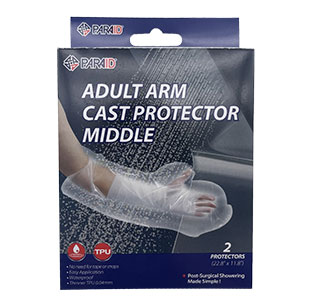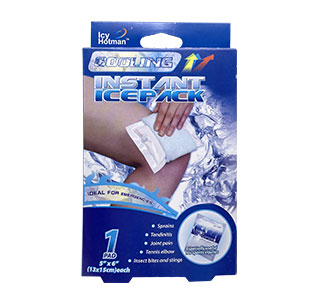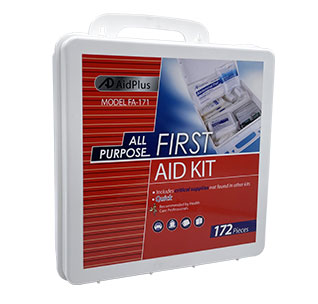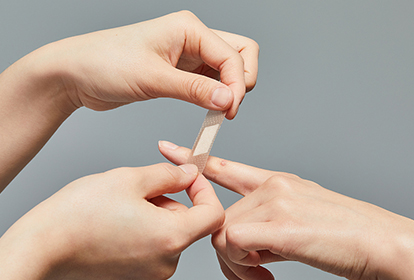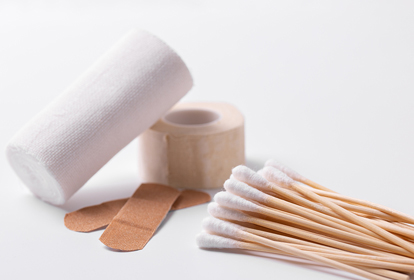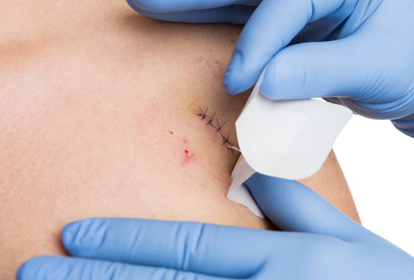Medical tapes play an important role in healthcare by supporting and securing various medical devices and dressings. These tapes are essential tools for healthcare professionals because they keep dressings in place, wounds covered, and medical instruments securely attached. Medical tapes are useful because they promote effective wound healing, reduce the risk of infection, and provide comfort to patients. From adhesive to non-adhesive, waterproof to hypoallergenic, the diverse range of medical tape bulk caters to various needs in the complex landscape of healthcare, significantly contributing to patient care and recovery.
Understanding the Importance of Medical Tapes
Wholesale medical tapes are essential tools for healthcare professionals in managing various types of wounds, and they play an important role in wound care and treatment. Medical tape selection and application contribute to the overall effectiveness of wound care.
The selection of medical tape is influenced by a variety of factors, one of which is the variety of skin types and conditions among patients. To ensure the effectiveness of the tape application while minimizing the risk of skin-related issues, different skin types and conditions necessitate specific considerations.
Sensitive Skin:
Consideration: Individuals with sensitive skin are prone to irritation and allergic reactions.
Choice: Hypoallergenic or silicone-based tapes are often preferred for sensitive skin. These tapes have gentler adhesives, reducing the risk of skin irritation.
Dry Skin:
Consideration: Dry skin may be more susceptible to damage during tape removal.
Choice: Tapes with mild adhesives that are designed for easy removal and that minimize trauma to the skin are suitable for individuals with dry skin.
Oily or Moist Skin:
Consideration: Excess moisture or oil can affect tape adhesion.
Choice: Tapes with stronger adhesives or those designed for use in moist conditions are chosen to ensure proper adherence in the presence of moisture or oils.
Fragile or Aging Skin:
Consideration: Fragile or aging skin is more prone to tears and damage.
Choice: Tapes with gentler adhesives, often silicone-based, are preferred to minimize trauma to delicate skin. Additionally, tapes that provide good conformability to skin contours are chosen to avoid shearing forces.
Atopic Dermatitis or Eczema:
Consideration: Skin conditions like atopic dermatitis or eczema require tapes that do not exacerbate itching or inflammation.
Choice: Hypoallergenic tapes with minimal additives, and those designed to reduce friction and irritation, are suitable for individuals with these skin conditions.
Burns or Wound Areas:
Consideration: Healing wounds or burns require careful attention to prevent disruption of the healing process.
Choice: Tapes that offer atraumatic removal, are breathable, and provide a moist wound healing environment may be selected to support the healing process.
Incontinence-Related Skin Issues:
Consideration: Skin exposed to urine or feces may be prone to breakdown.
Choice: Tapes with excellent moisture resistance and the ability to maintain adhesion in the presence of bodily fluids are essential for patients with incontinence-related skin issues.
Orthopedic Applications:
Consideration: Tapes used for joint support need to withstand movement and perspiration.
Choice: Sports tapes or rigid strapping tapes with strong adhesion and good tensile strength are chosen for orthopedic applications.
Pediatric Skin:
Consideration: Pediatric skin is generally more delicate and sensitive.
Choice: Tapes designed specifically for pediatric use, with hypoallergenic and gentle adhesives, are selected to avoid irritation and discomfort in children.
Chronic Conditions:
Consideration: Chronic conditions may require long-term tape application.
Choice: Tapes with breathable materials and gentle adhesives are often preferred for chronic conditions to reduce the risk of skin damage over extended periods.
Paper Medical Tape
Paper medical tape is a lightweight, hypoallergenic adhesive tape used in healthcare settings. It is made of thin paper with a gentle adhesive. The advantages include easy tearability, making it convenient for quick application. It is suitable for individuals with sensitive skin. However, it may not adhere well in moist conditions, and its strength is relatively low, making it less suitable for securing heavy dressings or joints.
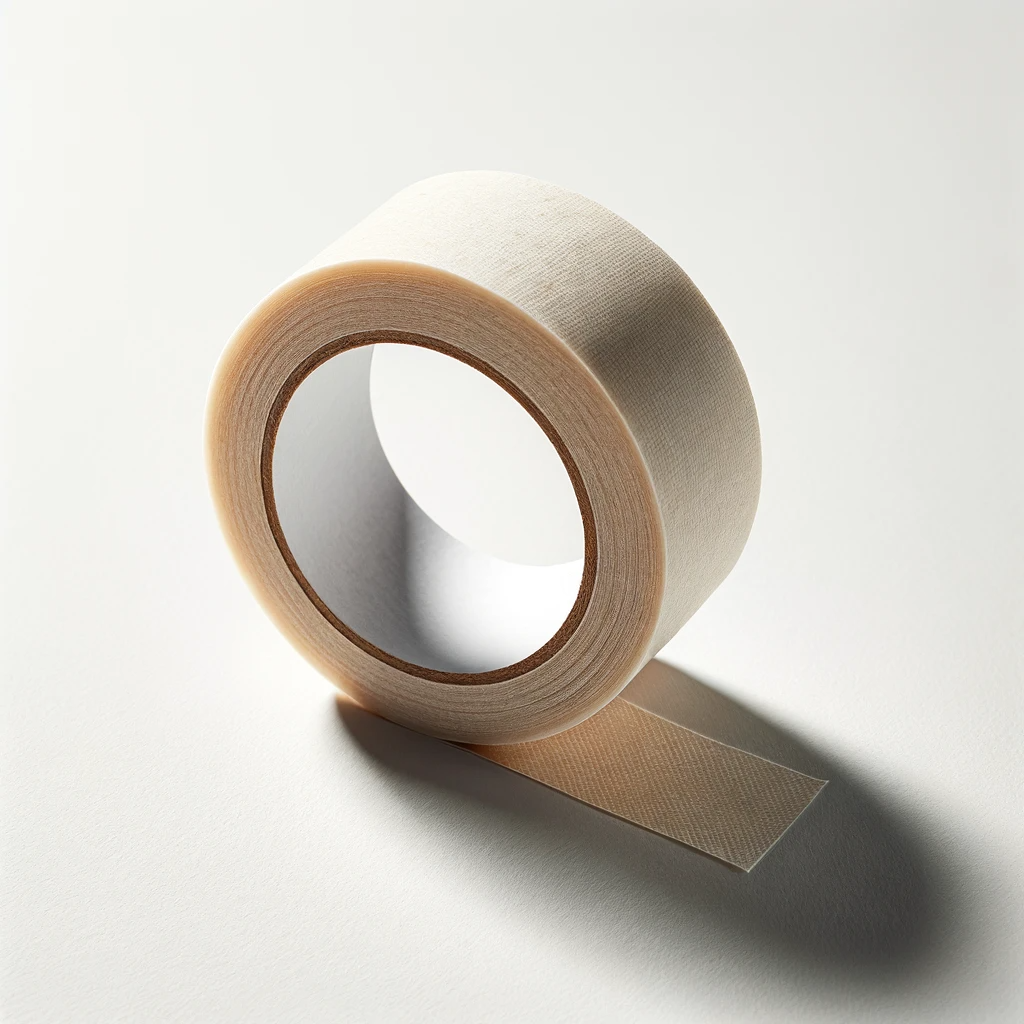
Cloth Medical Tape
Cloth medical tape is a durable adhesive tape used for various medical applications. It offers strong adhesion and is particularly suitable for securing heavy dressings or immobilizing joints. However, its fabric texture may cause skin irritation in some individuals. Cloth tape is commonly used for wound dressing and securing bandages but may not be the best choice for those with sensitive skin.
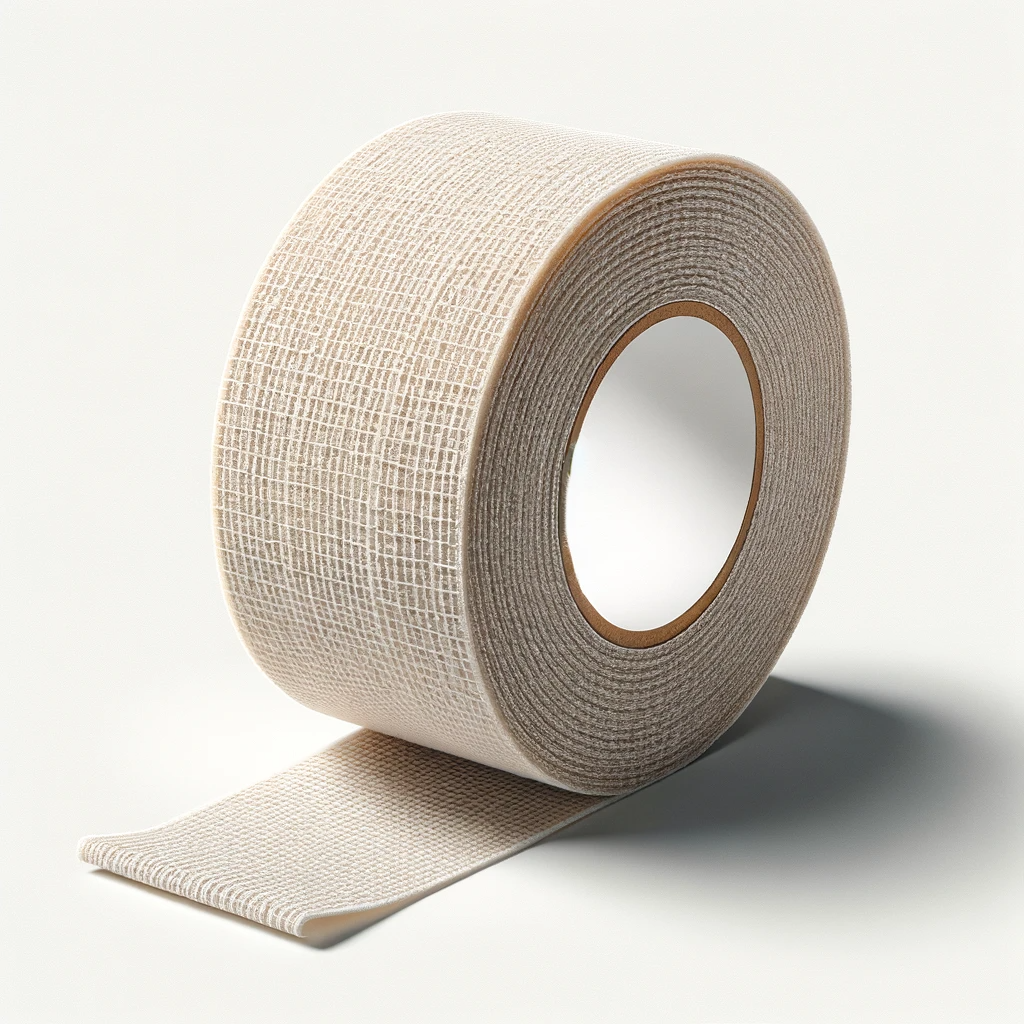
Transparent Medical Tape
Transparent medical tape is a clear, plastic adhesive tape commonly used for securing dressings and IV lines. Its primary advantage is its transparency, allowing for easy monitoring of wounds without tape removal. It adheres well even in moist conditions and is hypoallergenic. However, it may not be as durable as cloth or waterproof tape, making it less suitable for heavy-duty applications.
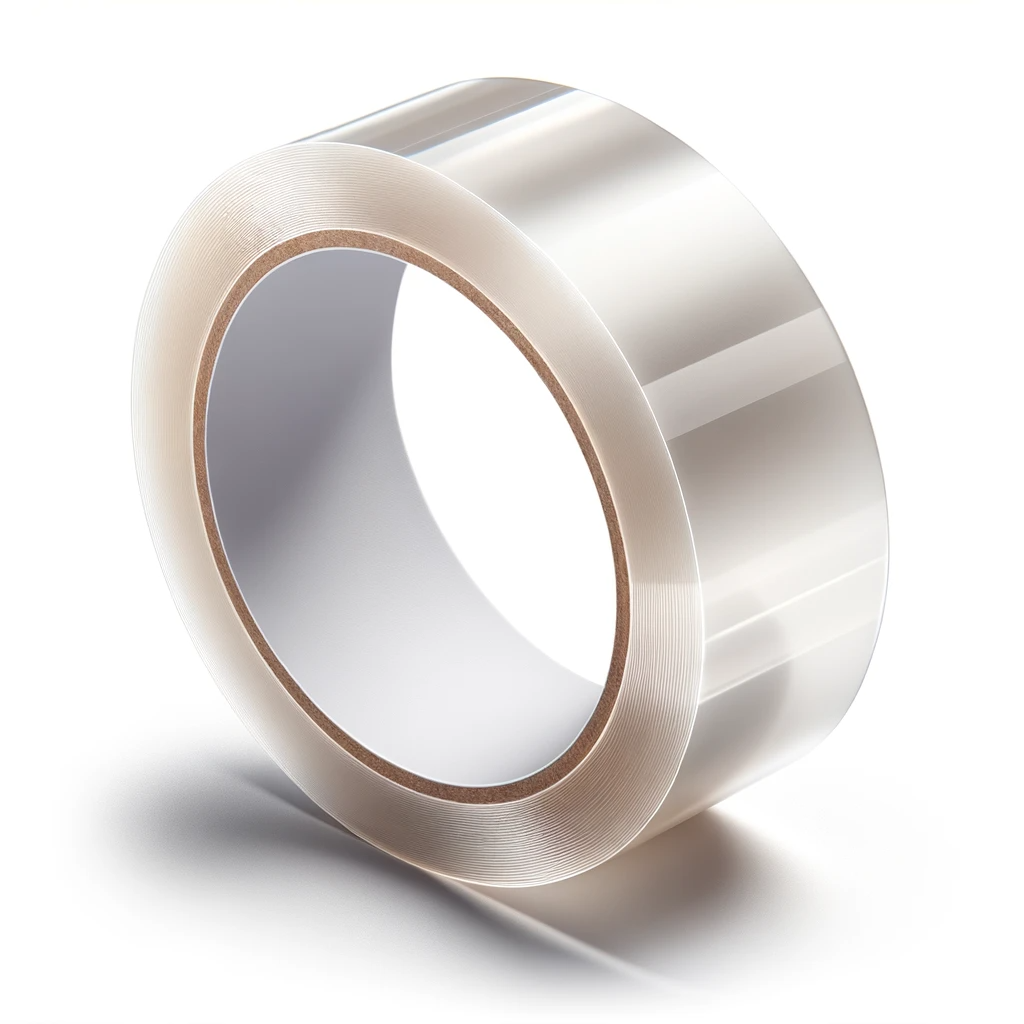
Waterproof Medical Tape
Waterproof medical tape is designed to provide a strong and reliable adhesive barrier even in wet conditions. It is highly resistant to water and moisture, making it ideal for use in areas prone to perspiration or during activities involving water. However, its strong adhesive may cause skin irritation in some individuals, and it can be challenging to remove without causing discomfort. It is commonly used for securing dressings in humid environments or for water-related activities.

Micropore Paper Tape
Micropore paper tape is a type of paper tape known for its gentle and hypoallergenic adhesive. It is often used for securing lightweight dressings, as it allows for good breathability and minimizes the risk of skin irritation. Micropore tape is also easy to tear, making it convenient for quick application. Its specific uses include securing gauze, dressings, or on areas with delicate or sensitive skin.
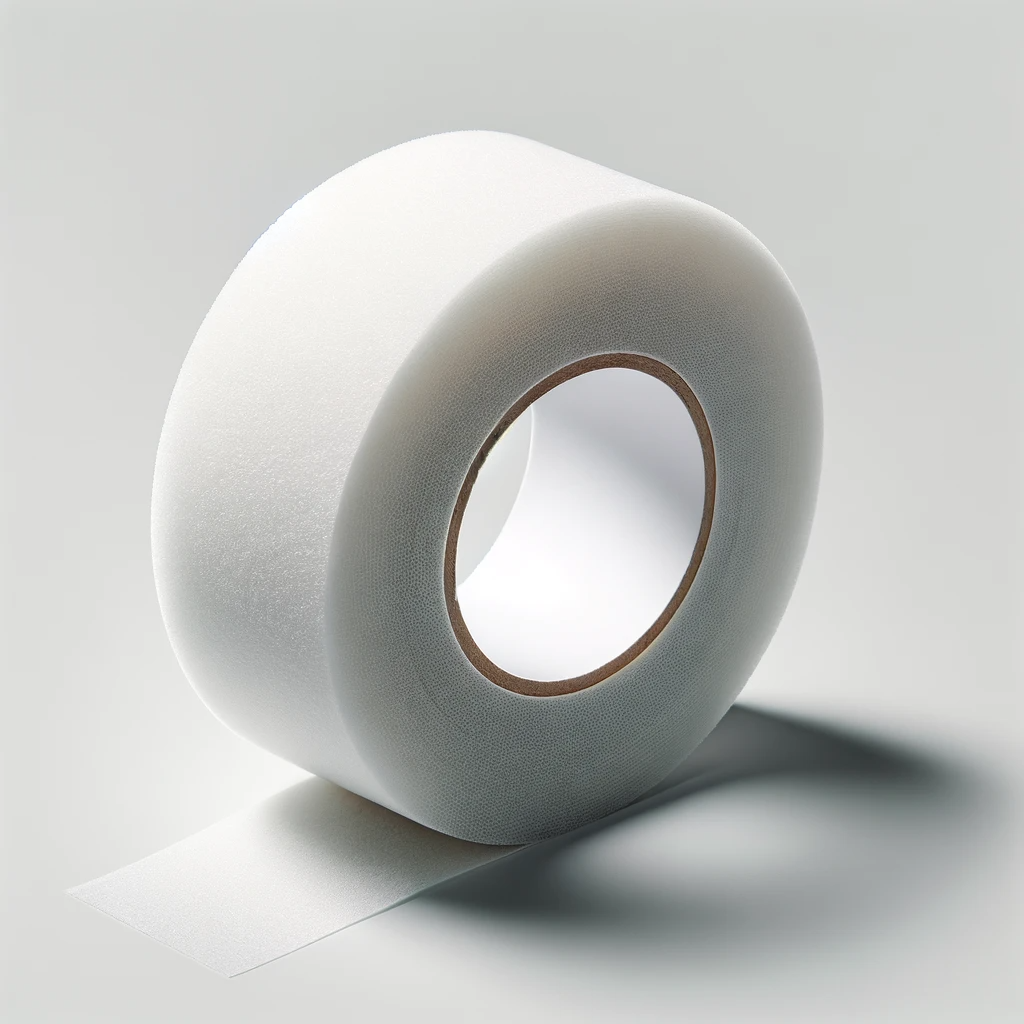
Zinc Oxide Medical Tape
Zinc oxide medical tape features a strong adhesive with added zinc oxide for increased durability and protection. It is commonly used for strapping joints or securing heavy dressings due to its robust adhesive properties. This type of tape is water-resistant and adheres well in humid conditions. However, it may cause skin irritation or allergies in some individuals. It is often used in sports medicine and for immobilizing joints.
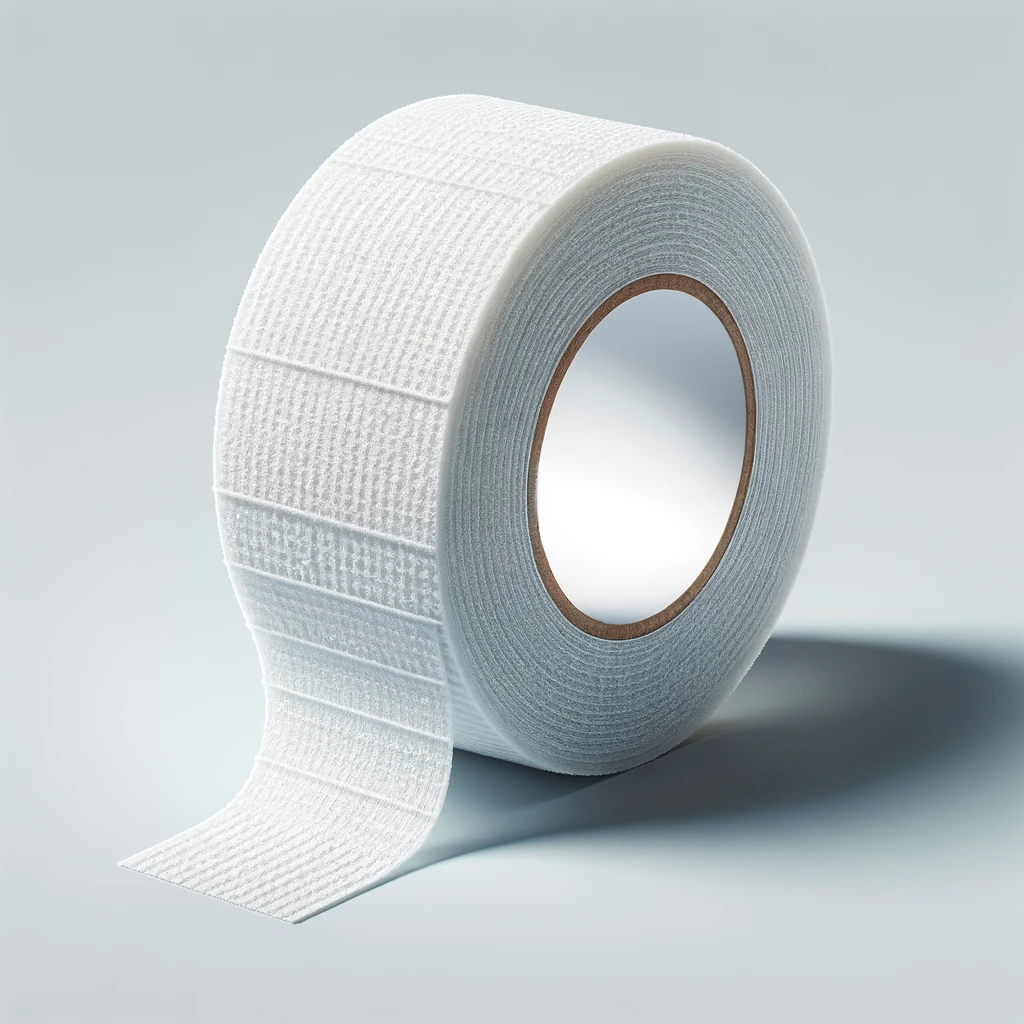
Durapore Cloth Surgical Tape
Durapore cloth surgical tape is a high-strength adhesive tape designed for surgical and medical applications. It offers excellent adhesion, making it suitable for securing heavy dressings, tubing, and medical devices. Its cloth texture provides durability and can withstand tension. However, its strong adhesive may cause skin irritation or discomfort during removal. Durapore tape is commonly used in surgical procedures and for securing critical medical equipment.
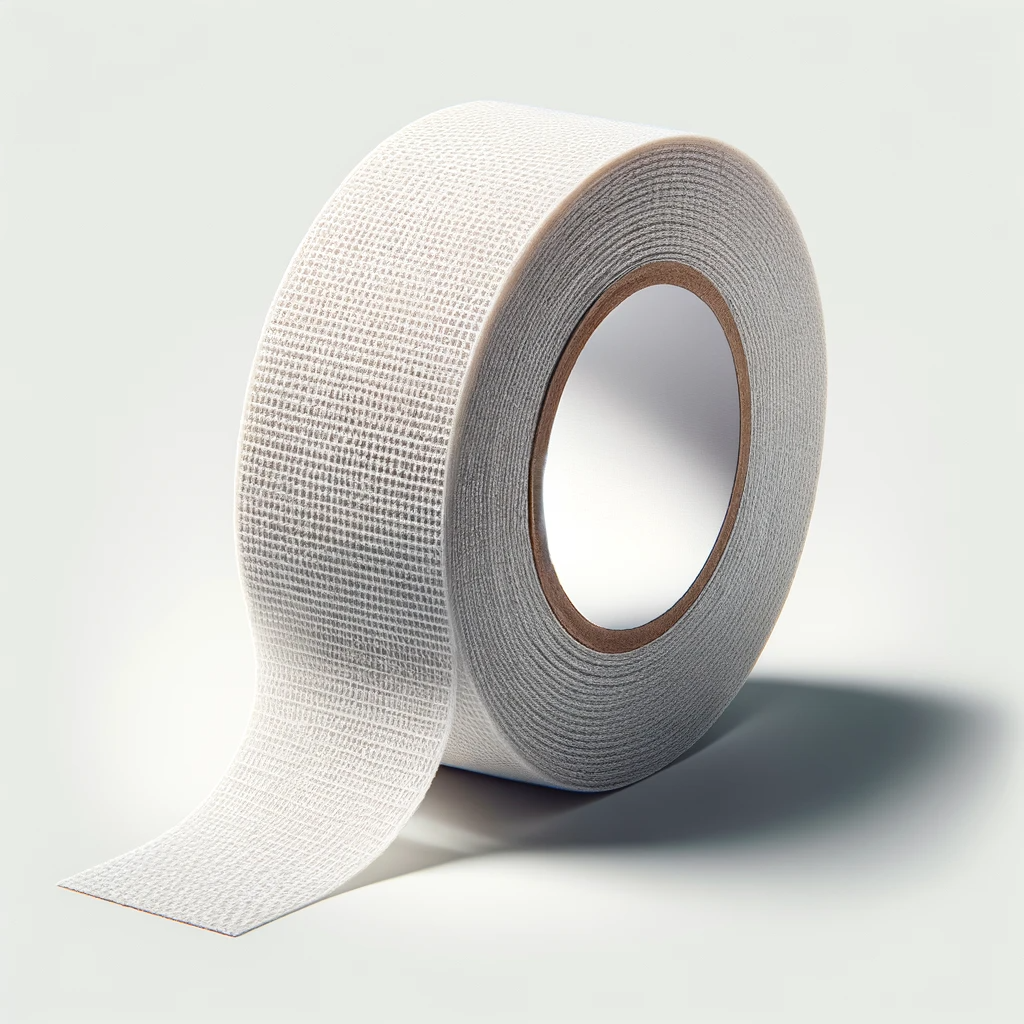
Clear Medical Tape
Clear medical tape is a transparent adhesive tape that provides a secure and unobtrusive means of securing dressings, tubing, and medical devices. It adheres well in moist conditions and is hypoallergenic, making it suitable for sensitive skin. Its transparency allows for easy wound monitoring without tape removal. Clear medical tape is versatile and can be used in various medical applications, including wound care and IV line fixation.
Specialized Medical Tapes
Microfoam Surgical Tape
Microfoam surgical tape is a soft and conformable foam tape that is highly flexible. It is commonly used for securing dressings in areas with irregular contours, such as joints or bony prominences. Its foam texture cushions and protects the skin, reducing the risk of skin damage. Microfoam tape is hypoallergenic and adheres well even in moist conditions, making it ideal for sensitive or delicate skin.
Hypoallergenic Medical Tape
Hypoallergenic medical tape is specially designed for individuals with sensitive skin or allergies. It features a gentle adhesive that minimizes the risk of skin irritation or allergic reactions. This tape is versatile and can be used for various medical applications, including wound dressings and securing medical devices. Hypoallergenic tape provides a reliable adhesive solution without compromising patient comfort.
Elastic Medical Tape
Elastic medical tape is characterized by its stretchability and flexibility. It is commonly used for providing support to joints, muscles, and ligaments. This tape can conform to the body's contours and allow for a full range of motion while providing compression and support. It is frequently used in sports medicine and for taping injuries or protecting vulnerable areas. Elastic tape is hypoallergenic and breathable, ensuring comfort during extended use.
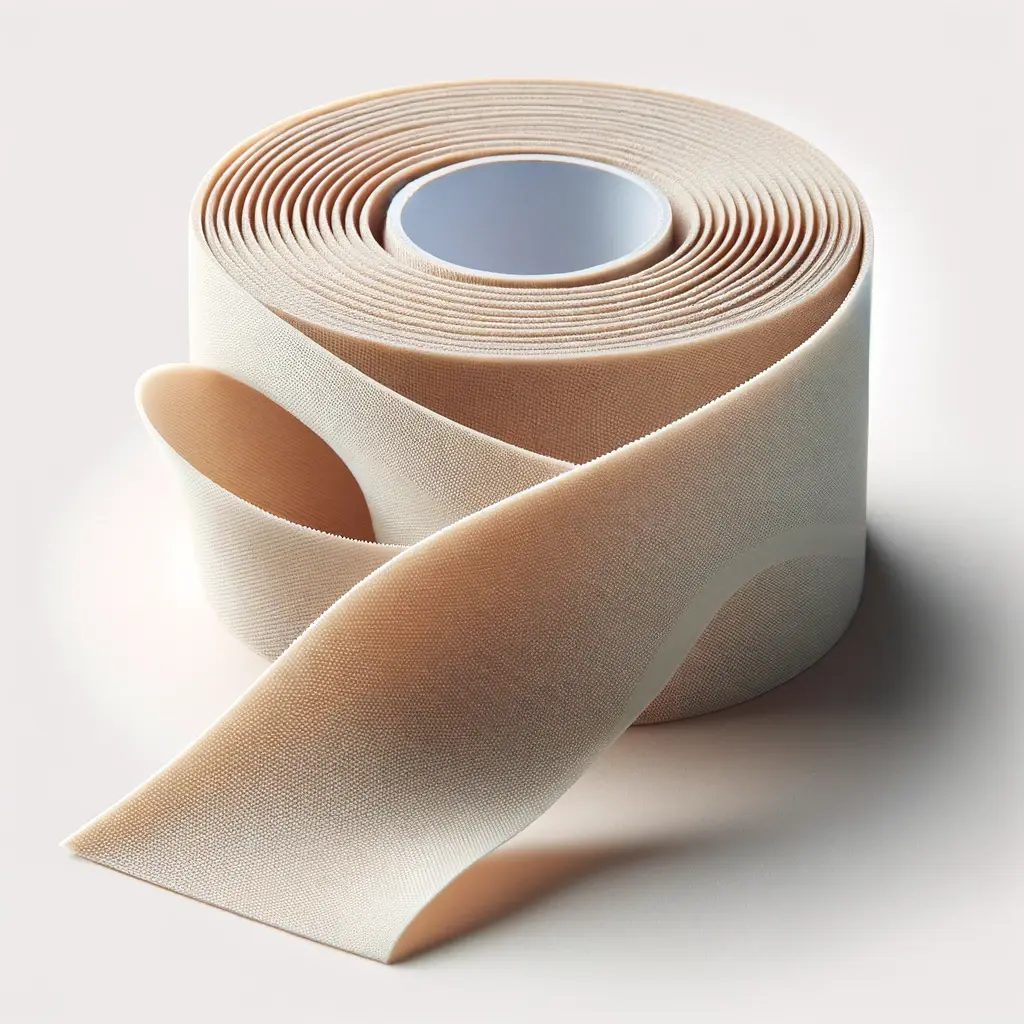
Silk Tape
Silk tape is a smooth and lightweight adhesive tape that adheres well to the skin. It is commonly used in situations where a strong, yet gentle, tape is needed. Silk tape is hypoallergenic and suitable for sensitive skin. It is often used for securing dressings, medical devices, and for wound care. Its smooth texture and reliable adhesion make it a popular choice in healthcare settings.
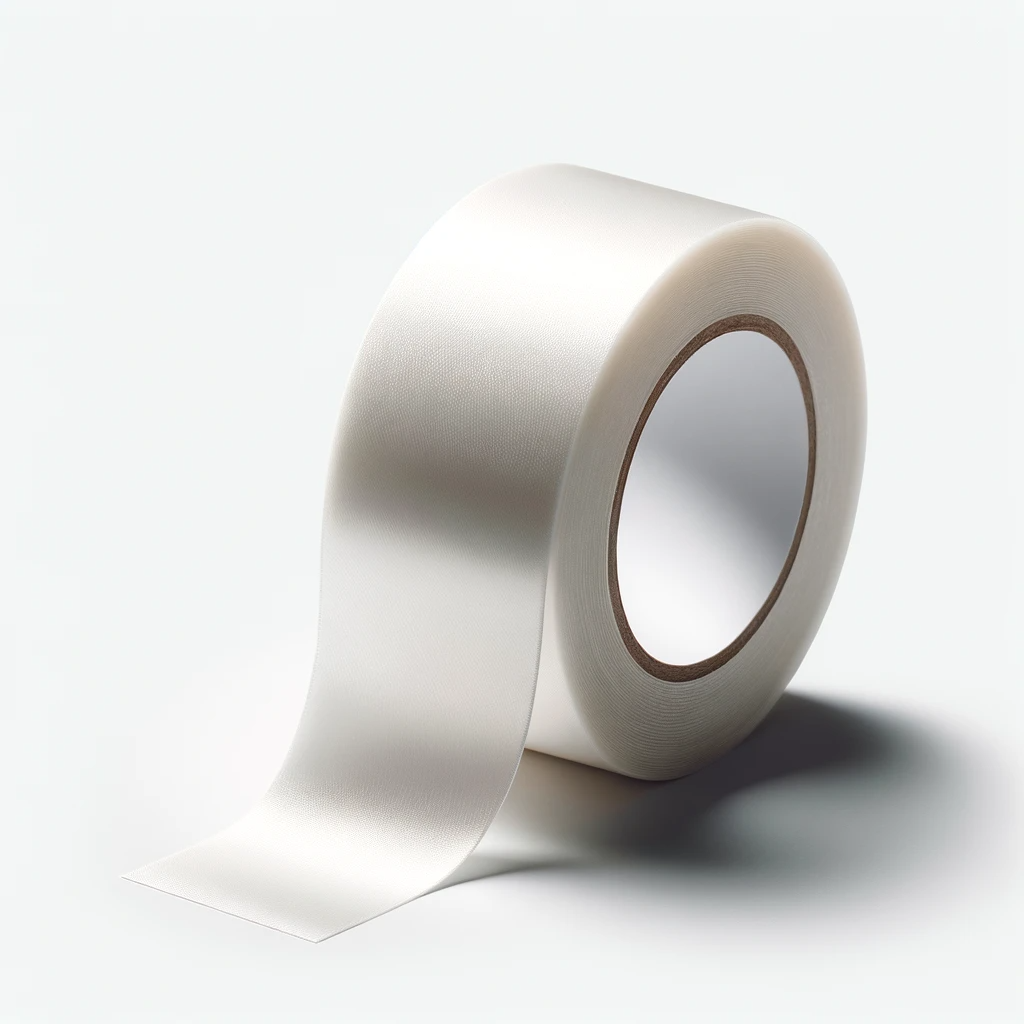
Choosing the Right Medical Tape
Choosing the right medical tape involves considering several factors specific to the medical scenario and the patient's needs. Here are key factors to consider:
Skin Type: Select a tape that is compatible with the patient's skin type, especially if the skin is sensitive, fragile, or prone to allergies. Hypoallergenic tapes are ideal for sensitive skin.
Application Area: The area where the tape will be applied matters. For joints or areas that move frequently, flexible tapes like elastic or kinesiology tapes are preferable.
Moisture Exposure: In scenarios where the tape might get wet, such as during showers, waterproof tapes are necessary.
Duration of Use: For dressings that need to stay on for an extended period, choose tapes with stronger adhesion. Conversely, for frequent dressing changes, a tape with gentler adhesion is better.
Breathability: To promote healing and prevent skin maceration, opt for breathable tapes like paper or cloth tapes.
Strength and Support: For applications requiring more support, such as securing splints, sturdier tapes like cloth tapes are advisable.
FAQs about Medical Tape
What are the most common uses of medical tapes?
Medical tapes are commonly used to secure dressings, bandages, IV catheters, and tubing to the skin. They play a crucial role in wound care and maintaining the placement of medical devices.
Which medical tape is best for sensitive skin?
For sensitive skin, hypoallergenic tapes like paper and micropore tapes are ideal. They are gentle, reduce the risk of allergic reactions, and can be changed frequently without causing irritation.
Can waterproof medical tape be used in showers?
Yes, waterproof medical tape is designed to be water-resistant and can be used in showers or baths. It is useful for protecting wounds or dressings from water exposure.
Does medical tape contain latex?
Some medical tapes do contain latex, but many types are latex-free, especially those designed for sensitive or allergy-prone skin. It's important to check the product specifications for latex content if allergies are a concern.
 English
English









